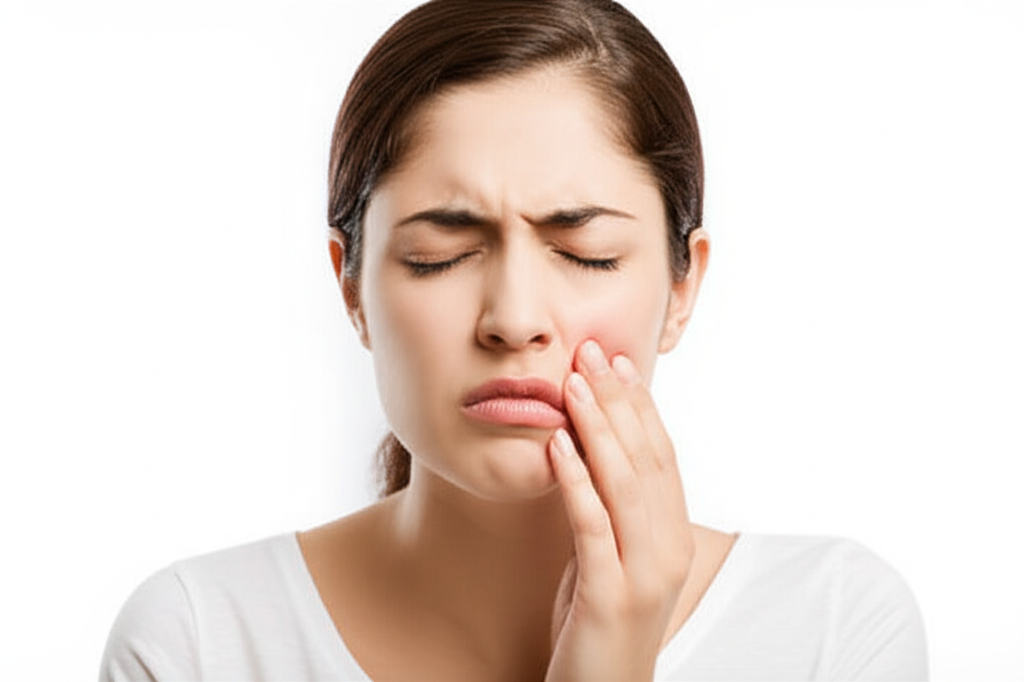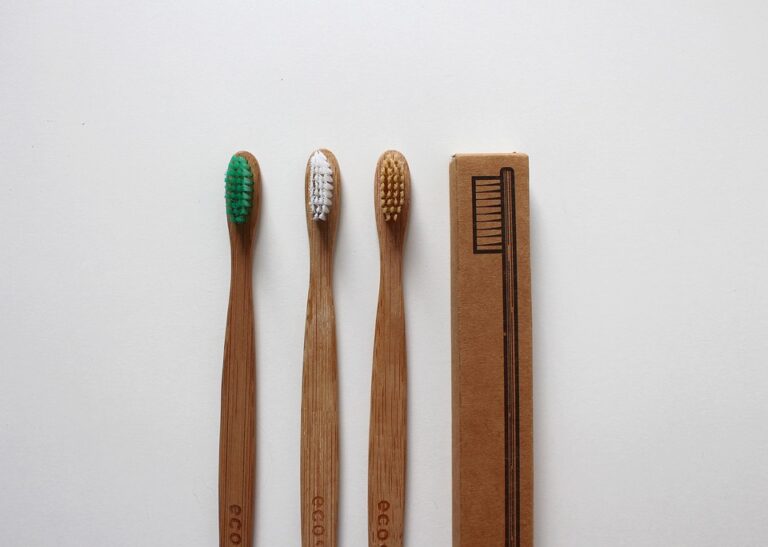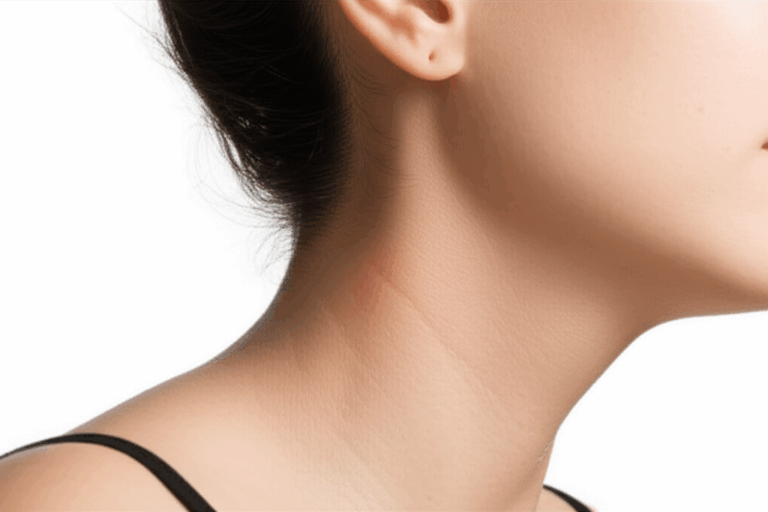
Can Sinus Problems Cause Tooth Pain? The Surprising Connection Between Your Sinuses and Teeth
Summary:
Have you ever felt pain in your top teeth when you had a stuffy nose or sinus infection? You might have thought a cavity or tooth problem was to blame. In reality, our sinuses and teeth are much closer than you might think! This article explains how sinus problems can make your teeth hurt, tells you how to tell the difference between tooth and sinus pain, and gives you easy things you can do to feel better quickly. If tooth pain has ever left you confused, keep reading. You’re about to learn something that can save you from stress—and maybe even an unneeded trip to the dentist.
Table of Contents
What Are Sinuses and Why Do We Have Them?
Our sinuses are air-filled spaces inside our head. Most people have four pairs: maxillary (in your cheeks), frontal (above your eyes), ethmoid, and sphenoid (behind your nose). Sinuses help us breathe, talk, and even make our skulls lighter!
But sometimes, these sinuses get blocked or infected—a problem called sinusitis. When this happens, you might notice more than just a runny nose. Your teeth can hurt, too.
How Are Sinuses and Teeth Connected?
Think about this: Your upper back teeth—especially the molars and premolars—sit right next to your maxillary sinus. Sometimes, the roots of these teeth are so close, they almost stick into the sinus space.
The picture below helps explain this:
| Sinus | Teeth | |
|---|---|---|
| Location | Above back teeth | Upper jaw/back teeth |
| Connection | Shares bone wall | Roots touch sinus |
Because these are so close, anything bothering your sinus can also bother the nerves around your teeth. That’s why sinus pain and tooth pain often come together.
Why Do Sinus Problems Cause Tooth Pain?
Let’s make it simple:
- Problem: Your sinus gets swollen or packed with snot from a cold, allergies, or an infection.
- Agitate: This swelling pushes against the roots and nerves of your upper teeth. Suddenly, your teeth ache or throb, especially when you bend over or jump up and down.
- Solution: If you fix the sinus problem, the tooth pain usually goes away, too.
It’s kind of like a neighbor’s loud party. If they stop the music (sinus swelling goes down), your headache (or toothache) stops too.
What Types of Sinus Problems Affect Your Teeth?
Sinus pain and tooth pain can be caused by a few sinus problems:
Table: Common Sinus Problems and Tooth Pain
| Sinus Problem | Dental Effect |
|---|---|
| Acute Sinusitis (cold/flu) | Sudden, throbbing tooth pain |
| Chronic Sinusitis | Ongoing tooth aches with stuffy nose |
| Allergies | Mild jaw/tooth aches, pressure feelings |
| Nasal Polyps/Deviated Septum | Repeated sinus pressure, sometimes pain |
Sinus vs Tooth Pain: How Can You Tell the Difference?
Lots of people want to know: “Is my tooth pain from my sinuses, or do I need a dentist?”
Here’s how you can usually tell:
Sinus Tooth Pain:
- It’s usually a dull ache, not sharp pain.
- Pain affects more than one tooth (often those in your upper back jaw).
- The ache gets worse when you bend over, jump, or lie down.
- You have other sinus things: stuffy nose, headache, post-nasal drip, or fever.
True Dental Pain:
- Pain is sharp, stab-like, or feels “electric.”
- Usually only one tooth hurts.
- Triggered by hot/cold drinks, sweets, or biting down.
- Maybe swelling or redness around the tooth.
- No stuffy nose, headache, or other sinus things.
Quick Checklist: Is It Sinus or Tooth?
| Symptom | Sinus Pain | Dental Pain |
|---|---|---|
| Dull/aching | ✓ | |
| Sharp/stabbing | ✓ | |
| Multiple teeth | ✓ | |
| One tooth only | ✓ | |
| Worse w/ movement | ✓ | |
| Hot/cold triggers | ✓ | |
| Stuffy nose | ✓ |
When Should You See a Dentist or an ENT Doctor?
Not sure who to call? Here’s how to decide.
Go to a Dentist first if:
- Pain is sharp and in just one tooth.
- The pain is worse when you eat or drink hot, cold, or sweet things.
- You see gum swelling, pus, or have a bad taste in your mouth.
- No stuffy nose or sinus symptoms.
See an ENT or your doctor if:
- Tooth pain affects several upper back teeth.
- You have clear sinus symptoms: stuffy nose, colored mucus, facial pressure, sinus headache, or fever.
- The pain gets much worse when you bend forward.
- Your dentist says your teeth look fine.
A good dentist won’t just drill or pull a tooth. Many work with top labs like china dental lab for better testing and tools!
How Can You Treat Sinus Tooth Pain at Home?
You want relief—fast! Try these simple things right now:
- Use a warm washcloth: Hold a warm, wet cloth over your cheeks to ease the pain.
- Rinse your nose: Use a saltwater (saline) nasal rinse to get rid of mucus.
- Drink water: Water helps thin the mucus and drains sinuses.
- Rest! Sleep helps your body heal and fight off sickness.
- Try steam: Breathe in steam (from a shower or bowl of hot water) to loosen up the pressure.
Medical Treatments for Sinus-Related Tooth Pain
If home care isn’t working or symptoms are strong, doctors can help with:
- Antibiotics: For sinus infections caused by germs.
- Decongestants: These shrink swollen tissue; follow the directions on the nasal sprays!
- Antihistamines: Help with allergies causing sinus problems.
- Steroid nasal sprays: Lower the swelling in nose and sinuses.
- Pain relievers: Ibuprofen and acetaminophen are good choices for pain.
If your dental pain is from cavities or gum trouble, only a dentist can fix it. A high-tech digital dental lab can help make strong, comfortable dental work with computer help.
How to Prevent Sinus Problems (and Tooth Pain)
Nobody likes toothaches or stuffy noses. Here’s how you can avoid both:
- Wash your hands a lot: Keep cold and flu germs away.
- Treat allergies early: Use allergy medicine and stay away from things that bug you.
- Take care of your teeth: Brush, floss, and see your dentist often.
- Use a humidifier at home: Dry air makes your nose and sinuses more likely to get sore.
- Stay away from smoke and strong smells: These can make your nose worse.
A strong dental team is your best friend. Labs like crown and bridge lab help make sure your mouth stays healthy during—and after—sinus problems.
When Is Tooth Pain Not From Sinuses?
Remember: Not all toothaches come from sinus problems! If you have:
- Pain in your lower teeth.
- A broken or cracked tooth.
- Gum swelling or pus.
- Pain that shoots to your ear or jaw with no stuffy nose.
See a dentist. You might have a dental abscess or gum problem.
Even good sinuses can’t cause tooth pain if it’s from a cavity, root infection, or a knocked-out tooth.
Real-Life Example: A Toothache That Wasn’t
Last winter, I had a throbbing pain in my upper left molar. The ache got worse every time I bent over to tie my shoe or jumped during gym class. My first thought? “Oh no, I need a filling!” But my dentist checked and saw no cavities or gum problems at all.
Instead, he asked if my nose was stuffy. I realized I’d been blowing my nose and feeling tired all week. He told me to see my doctor for a sinus infection. After some nasal spray and rest, my “toothache” disappeared. It was my sinus all along!
Can a Dental Problem Make Sinus Pain Worse?
It can go both ways. If you have a tooth infection near your upper molars, it can actually spread into your sinuses and cause maxillary sinusitis. Sometimes, sinus surgery or a root canal is needed to fix both.
That’s why top dental labs help dentists make sure your teeth and sinuses stay healthy—through good crowns, bridges, and more!
Who Can Help With Complex Dental Cases?
Not all dental problems are simple. If your pain isn’t going away or seems tricky, you need a good team:
- Dentist: Looks for tooth decay, abscess, or gum disease. May order dental X-rays.
- ENT (Ear, Nose & Throat doctor): Looks at your sinuses and nose, may order a CT scan.
- Specialized Dental Labs: Places like a good zirconia lab use strong, safe materials for teeth and sinuses.
- Endodontist or Periodontist: Treat root canals or tough gum problems if needed.
The right help = quick answers and less pain.
Quick Tips and Key Takeaways
- Sinus problems can make your upper back teeth hurt because they’re right next to each other!
- Sinus pain is usually a dull, aching pain in several teeth, and gets worse with movement or a stuffy nose.
- Dental pain is sharp, affects one tooth, and reacts to hot/cold or biting down.
- Treat your sinus infection or allergies at home to stop the pain—but always see a dentist or ENT if you aren’t sure.
- Good oral care and regular checkups help keep your teeth—and sinuses—happy and healthy.
Additional FAQs
Q: How long does sinus tooth pain last?
A: Usually, sinus-related tooth pain goes away within a week if you treat the infection or allergies. Long-lasting problems may need a doctor’s help.
Q: Can lower teeth hurt from sinusitis?
A: Almost never! The sinuses only touch the upper back teeth. Lower toothaches are probably real dental problems.
Q: Should I get a dental X-ray or a sinus scan?
A: If your dentist finds nothing wrong, a CT scan of your sinuses may show an infection causing your pain.
Q: Will pulling out the tooth help?
A: No! If your pain is from your sinus, dental work won’t fix it. Only treat the tooth if there’s a cavity or abscess.
Q: Can sinus infections cause bad breath?
A: Yes—especially if thick mucus drains into your mouth. Brush your teeth and drink water to help.
Things to Remember
- Your sinuses and your teeth are close neighbors—sometimes too close!
- If tooth pain comes with a stuffy nose, it could be from your sinus, not a cavity.
- Treat the sinus problem first; most of the time, the tooth pain will go away.
- Not sure? See a dentist or ENT—don’t guess with your health.
- Good dental labs and regular care help protect you from dental and sinus problems for life!
References
- Centers for Disease Control and Prevention (CDC). “Sinusitis Statistics.”
- Oral Surgery, Oral Medicine, Oral Pathology, Oral Radiology Journal: “Sinusitis-Related Odontalgia: Case Studies.”
- Journal of Endodontics: “Misdiagnosis of Maxillary Sinusitis as Dental Disease.”
- American Academy of Otolaryngology–Head and Neck Surgery. “Diagnosis and Management of Sinusitis.”
- Dental Imaging and Anatomy Texts.
- Clinical observations from dental, ENT, and primary care practices.








